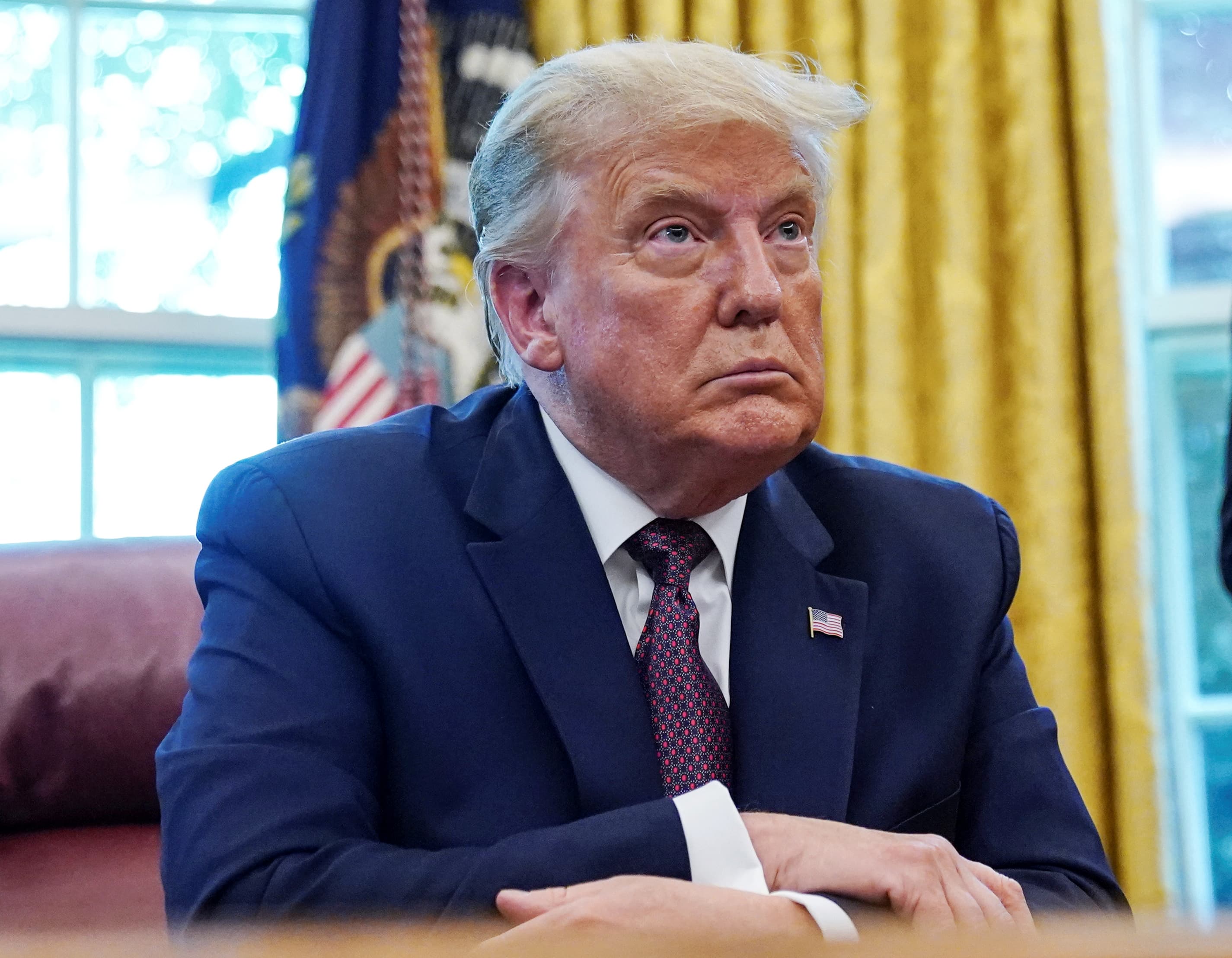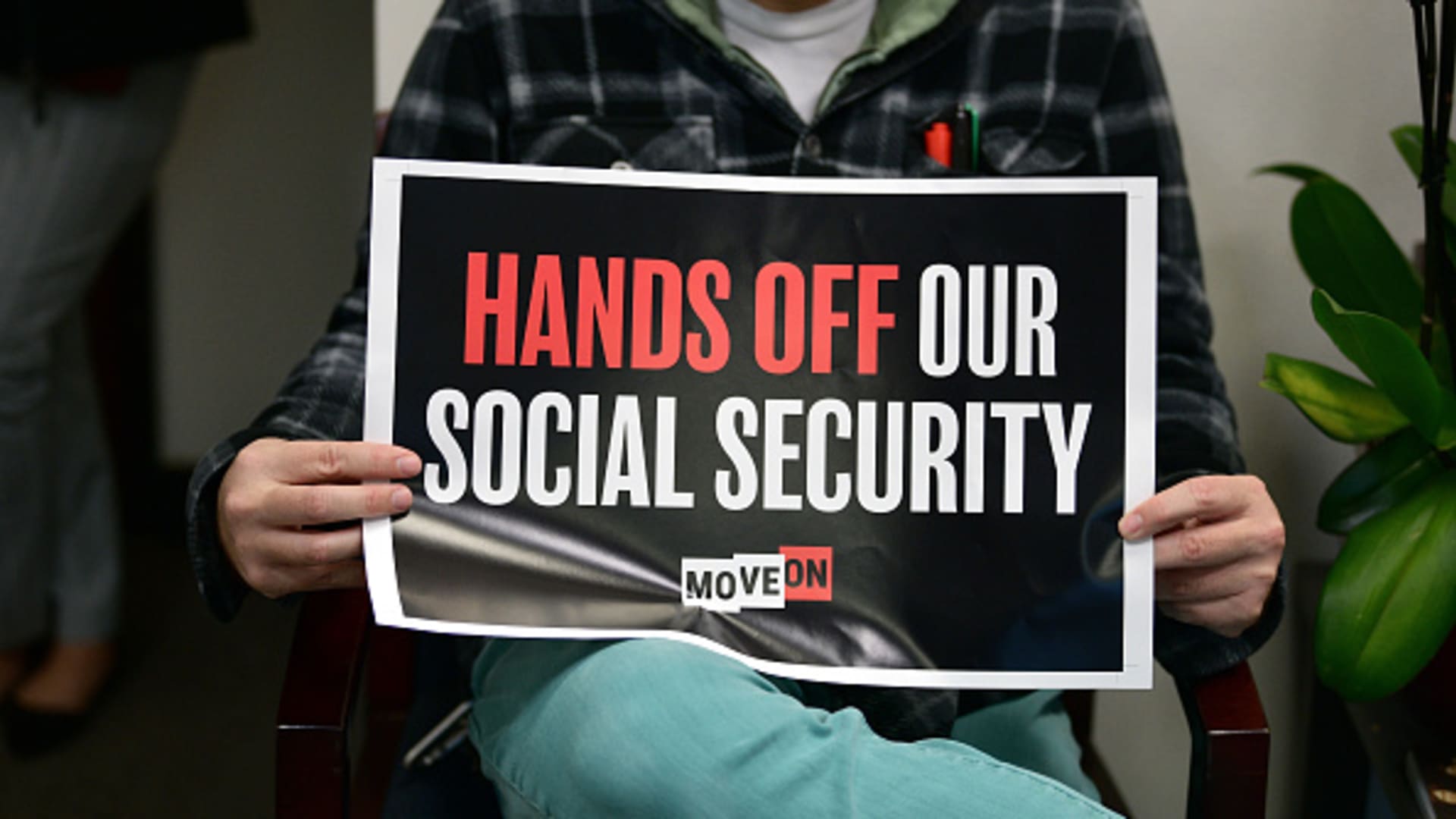
U.S. President Donald President Trump faces reporters after it was announced Bahrain has joined the United Arab Emirates in striking an agreement to normalize relations with Israel during a brief appearance in the Oval Office at the White House in Washington, U.S., September 11, 2020.
Kevin Lemarque | Reuters
Wall Street thinks it won’t be just a long election night on Nov. 3. It could be a long election month.
The September CNBC Fed Survey finds 47% of respondents think the winner of the presidential election won’t be known for a week after Election Day. More than a third — 36% — said it could take a month or longer. Just 6% believe the winner will be known on election night and another 6% think it will be known within two days.
And 86% of the 37 respondents — fund managers, strategists and economists — said a contested election is a current risk to the stock market.
“To me, the balance of the year’s market activity will depend more on what happens in the congressional elections vs. the presidential election,” said Kevin Giddis, chief fixed income strategist at Raymond James Financial. “Look for volatility in both stocks and bonds to significantly increase by the end of October.”
Trump best for economy, market
Respondents to the survey have a curious take on the presidential election: 60% say Democratic nominee Joe Biden has the best policies for the nation. But 61% say President Donald Trump has the best policies for the stock market and Trump has a 50%-47% edge over Biden on who has the best policies for the economy. On specific issues, Trump has a strong lead among respondents on taxes and business regulation, but Biden has a growing lead on the issues of trade, job creation and reviving the economy from the virus shutdown.
Trump’s economic approval rating among respondents — which had been strongly positive for the first three years of his presidency — is now deeply underwater at a record -17 points, with 56% disapproving and 39% approving. Seventy-two percent disapprove of Trump’s handling of the coronavirus.
The probability that Trump will be reelected is put at 44%, up 3 points from the July survey. It had been 58% in January.
The survey finds 89% of respondents continue to believe that stock prices are too high relative to their outlooks for earnings and economic growth, up from 78% in July. As a result, they see the S&P 500 falling to 3,322 by year-end, compared with Monday’s close of 3,383.54. The index is seen rising to 3,566 by December 2021, for a gain of about 6%.
“Stocks are attracting investors as the best choice for the long term,” said Richard I. Sichel, senior investment strategist at The Philadelphia Trust Co. “However, short-term traders have driven a small group of exciting companies too high and too quickly.”
A separate political risk to the market comes from the lack of an additional phase four stimulus plan. Forty-seven percent of respondents lowered their full-year growth forecasts because of the absence of a new relief measure from Congress, while 39% did not. Just 8% think a new bill is not necessary. The 92% others prefer a bill of around $1.3 trillion.
“Odds are about even that lawmakers will pass another meaningful rescue package,” said Mark Zandi, chief economist at Moody’s Analytics. “Odds are better than even that the economy will backslide into recession if they don’t.”




